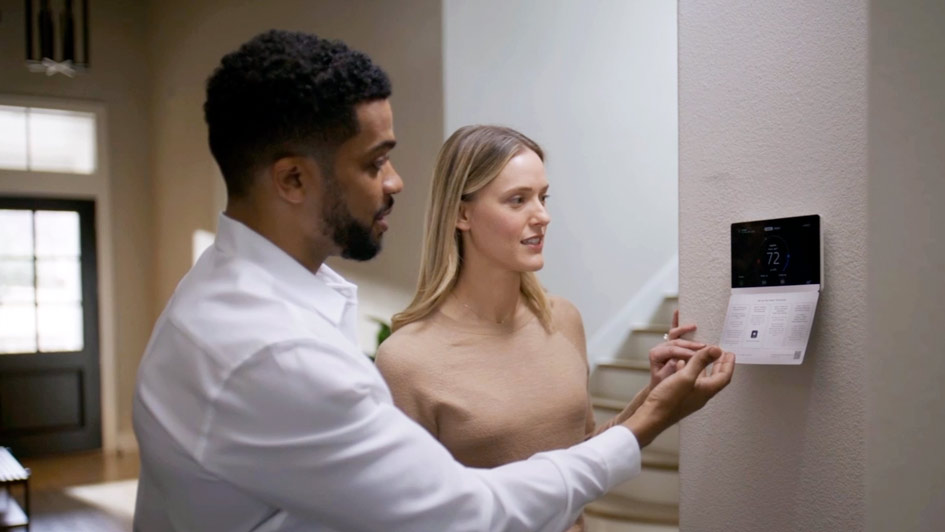
Buying your first home is an exhilarating experience. You’re likely trying to keep track of numerous details about making the right choice. We believe that gaining insight into your future HVAC system is vital. The property’s HVAC system represents a substantial investment and source of potential long-term costs, which is why due diligence is important for first-time homebuyers.
In this guide, we’ll share seven tips for learning everything you can about a home’s heating and cooling system. And if you want a more in-depth opinion from the pros, feel free to call Alpine Summit Heating & Cooling. Our seasoned technicians can share details about your options with industry insights that are second to none.
1. Which Kind of HVAC System Does the Home Use?
Start by identifying what type of HVAC system the home features. Furnaces generally last longer than air conditioners, and relatively new types of HVAC systems like heat pumps boast average life spans longer than ever. Getting the details on the make and specific model provides a much better sense of how much maintenance it will require.
2. How Long Ago Was the System Installed?
It’s just as smart to learn how old the HVAC system is when you're looking at a new home. For the most part, HVAC systems should survive for around 10-12 years. Having the knowledge of when it was installed helps you prepare for any needed servicing or considerations if it might shut down for good. Older systems are at a higher risk of problems, so budgeting for a replacement unit might be needed faster than expected.
3. Is the Warranty Still in Effect?
Be sure to check the HVAC system is still under warranty. If it is, you’ll appreciate how it can help with maintenance expenses. HVAC warranties often cover parts and labor, but specifics will vary. Review any terms you don’t recognize to ensure you understand your coverage and any possible out-of-pocket costs.
4. Does the System Have a Documented Maintenance History?
Next, examine the maintenance history of the HVAC system, if that information is accessible. This service history can reveal if the system constantly broke down or how often a tune-up was scheduled. Ask about records for key tasks such as changing the air filter, which can indicate it received regularly scheduled tune-ups.
5. What Are the Energy Efficiency Ratings?
Purchasing a home with a heating and cooling system with great energy efficiency means more manageable utility bills and less of an impact on the environment. Locate the seasonal energy efficiency ratio (SEER) ratings for air conditioning along with the annual fuel utilization efficiency (AFUE) for furnaces. Higher SEER ratings mean better cooling across the entire season, while strong AFUE ratings mean the fuel is more effectively burned for useable heat.
6. Can You Spot Trouble After Your Own Inspection?
Even if you don’t have experience in HVAC systems, you can still take a moment to check out the HVAC system yourself. Look for signs of problems that might have been overlooked. This might consist of odd sounds, spots with uneven heating or cooling and attempts to hide any serious damage.
7. Is an Experienced HVAC Technician Available to Help?
If you're not quite sure about the condition of the HVAC system, it's never a bad idea to get input from certified HVAC professionals. They can spot things you might miss, including leaking coolant, damage to the wiring or inefficient ductwork.
A Chat with Alpine Summit Heating & Cooling Helps Take the Stress Out of Your Home-Buying Journey
Choosing your first home ought to be exciting, and Alpine Summit Heating & Cooling can ensure it stays that way. Get in touch with us at 208-561-1226. We can talk about how our HVAC services help make this process smoother, giving you what you need to dive into home-ownership with confidence.




